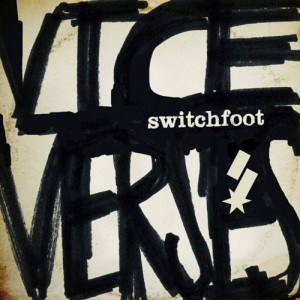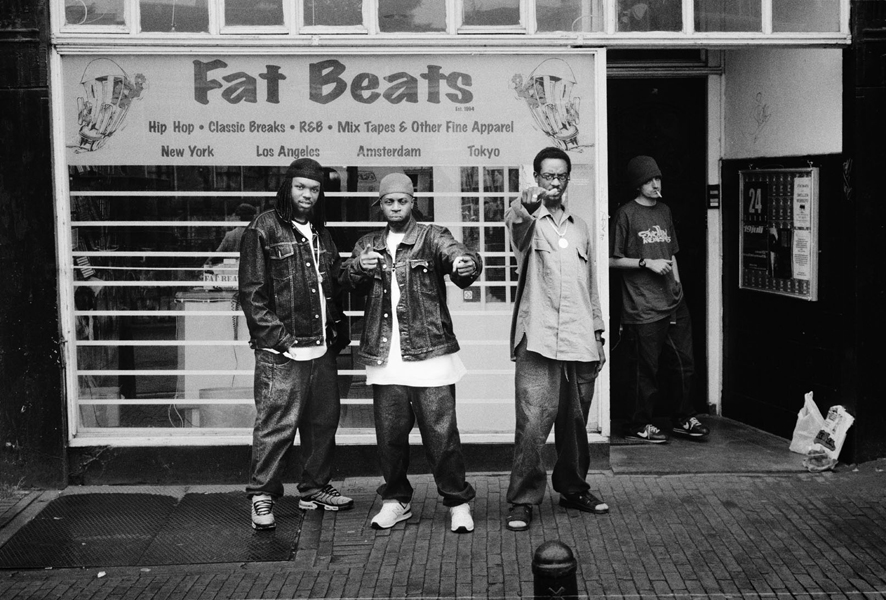By Tom Roth
USD Radio spoke with Seattle rapper, Macklemore before his upcoming show at San Diego’s Epicenter on Nov. 22. Read on to learn more about Macklemore’s touring, songwriting, Irish roots, and which Seattle Mariner is his least favorite.
Tom Roth: This summer, you played Sasquatch, Soundset, Outside Lands, Rock the Bells, Bumbershoot, and Musicfest NW all in a row. What effect did that have on your exposure?
Macklemore: I haven’t really thought about it that way and I haven’t really listed them off in that way either in my head. I think those festivals are a great opportunity, obviously, for new fans, and also for the people that are already following you to kind of track your progress. Because those festivals you mentioned were really good looks for us. They are high-profile festivals and I think it’s a way to kind of measure that the music is having an impact not only just with fans but also with the people who are booking the festivals… the eyes of the industry that are putting together these things. I’m sure they definitely had a great impact and a lotta new fans get turned on to it, hopefully and also people just realize that the music is being taken seriously and people are really connecting with it.
TR: You’ve recently played a couple of shows in Ireland. How was your track “Irish Celebration” received there?
MM:“Irish Celebration” was absolutely insane. We’ve been performing that song now for the last two years and it was, by far, the hypest one we’ve ever done. It was just ruckus, man. The drunken Irish-European vibe was absolutely amazing and everything I could’ve dreamed of and more.
TR: On this current tour, shows in Los Angeles, San Francisco, New York City, Minneapolis, Spokane, Denver and Eugene all sold out over a month in advance. How has that set the mood for the rest of the tour?
MM: It’s just been exciting. It’s been exciting. You know, when you book a tour like this – or when the booking agent books it – it’s hard to predict how it’s gonna do even though you hope that you’ve grown since the last one. To get the numbers back and to sell out the venues that far in advance is incredibly inspiring, for sure. I wish we would’ve done a little bit bigger venues, in hindsight in a couple of these places but it’s hard to really measure. The last thing you wanna do is book a huge venue and have it halfway filled. It’s been incredibly inspiring and I think it’s a better gauge for where we’re at for the next time.
TR: While writing “The End”, what message did you hope listeners would take away?
MM: “The End” was a crazy experience. I actually wrote the third verse first on that song. I kinda wrote it backwards. Not on purpose. It just kinda wrote itself that way. It was a very emotional song. I never really get too emotional writing songs but I definitely got emotional during the process of writing it and just started crying uncontrollably at one point so it was definitely a different experience for me. In terms of the message, I think people interpret it differently. The way I wrote it, in terms of the content, was as a piece of music that was going through the dance of life. It’s like this dance… this high school – or not even high school – this school dance setting is a metaphor for life and being born and then eventually dying. That’s how I intended it to be written in terms of the message, but in terms of how people listen to it, it’s completely open to interpretation.
TR: Northwest rap has been growing on the scene over the last few years with acts like Blue Scholars, Common Market, and Grieves (just to name a few). How has that experience been for you?
MM: You know, those are all friends of mine. I like to think of the Northwest scene as something that, you know, we’re all friends. We all are, for the most part. It’s been great to watch everyone grow and to really develop their own fan base and get outside of the Northwest and be able to get in front of different fans from all around the country, all around the world and do what they love for a living or just for fun. Spreading the music of the Northwest has been really exciting.
TR: Do you have title for your upcoming LP? What can fans expect on this one and when do you hope to have it out?
MM: We’re going for, hopefully, a late spring release. That’s what we’re shooting for. In terms of what they can expect, I think it’s more honest music, music that’s from the heart that is trying to document a moment. I’ll keep it short. That’s about all I can say about it at this point.
TR: Which up-and-coming artists should rap fans keep an ear out for?
MM: I would say my guy, Xperience, who is on the road with us right now, actually. He’s a very talented person and a great friend of mine. He’s been on the road with us and has been absolutely killing these shows. He’s got a brand new mixtape out and is working on a bunch of different stuff. He’s exciting to me. Another one is a guy named Sol. He opened up for us in Bellingham. He’s an up-and-coming guy with a new album coming out. He’s real fresh. Those two are definitely exciting to me.
TR: Any Macklemore fan knows that you are a huge Mariner’s fan so let’s play a little Mariner’s word association. What’s the first word that comes to mind when I say… Randy Johnson?
MM: Hair.
TR: Alex Rodriguez?
MM: Bitch.
TR: Dan Wilson?
MM: Big dude.
TR: Edgar Martinez?
MM: Classic.
TR: Jay Buhner?
MM: The Bone.
TR: Ken Griffey Jr.?
MM: The Man.













Connect: